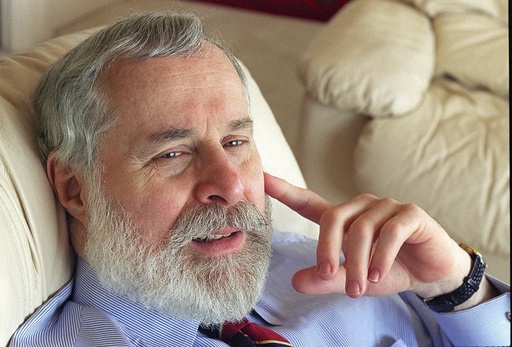Peter Buxtun, known as the whistleblower who exposed the Tuskegee study where the U.S. government left hundreds of Black men untreated, has passed away at 86 due to Alzheimer’s disease. Buxtun’s actions led to the termination of the study in 1972.
The Tuskegee study, starting in 1932, involved 400 Black men in Alabama infected with syphilis, withholding treatment even when it became available, observing the disease’s effects over time. In the 1960s, Buxtun, a public health employee, learned about the study and raised ethical concerns.
Despite facing opposition from agency officials, Buxtun provided documents to the Associated Press in 1972, initiating public outrage resulting in the study’s end, congressional hearings, and a settlement. President Bill Clinton apologized for the study in 1997.
Lille Tyson Head, leader of a group honoring the study participants, expressed gratitude to Buxtun for exposing the experiment’s injustices. Buxtun’s birth in Prague in 1937 and his family’s immigration to the U.S. during Nazi occupation influenced his stance against the study’s ethics.
Following the Tuskegee study’s exposure, new regulations were implemented for medical research ethics. Despite facing backlash, Buxtun persisted in advocating for justice for the study’s victims. He wrote, presented, and received awards for his involvement in the case.
Described by friends as wise and generous, Buxtun spent years recovering his family’s properties taken by the Nazis. He engaged in global travel and antiquities trading, advocating for personal freedoms. Reflecting on his actions, Buxtun attributed his whistleblowing to a sense of duty rather than strength.



